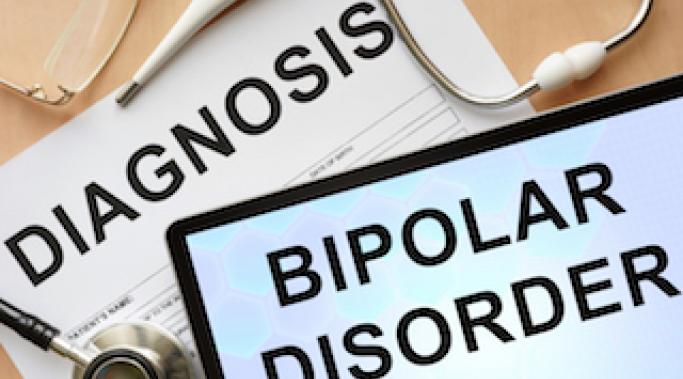For bipolar youth, self-care strategies are important. Self-care sounds pretty self-explanatory, right? We all know that we are supposed to take care of ourselves, but so often we neglect to do it (Practicing Self-Care Is Hard But Vital For Mental Health). Think of yourself as a car. You need your car for a lot of different reasons. If you don't take the time to care for it, get the oil changed, rotate the tires, wash it, or get a tune up, it doesn't run properly. Your mind and body work the same way. When you don't take the time to give yourself the things that you need to keep yourself healthy, things don't run as smoothly. Learn these self-care strategies for bipolar youth to keep yourself running smoothly.
Bipolar Vida
School can be overwhelming and life with bipolar disorder can present additional challenges. Whether you are dealing with mental illness in high school or college, surviving school and keeping yourself healthy while doing it is possible. Adding some healthy habits to your academic routine can make all the difference. Here are some tips for setting yourself up for success.
Bipolar disorder, formerly known as manic depression, is characterized by highs and lows in mood. A person living with bipolar disorder experiences shifts in their thought processes, energy levels, behaviors, and emotions. Although the onset of bipolar disorder is typically in early adulthood, an individual can begin to experience symptoms as a teenager. Receiving a diagnosis at such a young age can seem like the end of the world. This doesn’t have to be the case.
My name is Geralyn and I’m the new author of Bipolar Vida. Living with bipolar disorder certainly has its challenges. I’m a clinician, writer, advocate, idealist and doctoral student. I can’t tell you how excited I am to be able to share some of my personal bipolar experiences and nuggets of wisdom with you.
As many of you know, I have just graduated from college, and it’s time for me to begin my journey into “Real Life.” I’m not quite sure what this means for me quite yet, but I can feel many, many changes coming my way, and that means a loss of stability - at least for awhile (Stability in Bipolar Disorder Requires Routine).
Every year, I make a list a couple weeks before New Year’s of the things that I want to accomplish in the upcoming year. I tell myself that I will start working on my list on January 1 of the new year, and that this year will be my best one yet.
Come February, I’m back to my old ways.
I’ve read and heard about the mental health benefits of journaling for years. For those living with a mental illness, journaling as self-care can be even more beneficial and therapeutic. I’ve always loved the idea of journaling; the book itself, the pens, the prompt, but I could never seem to keep up with it. I never knew what to put in it once I got started. Over time, though, I realized that there isn’t a right or a wrong way to journal. I think of it as a “stream of consciousness.”
A professor of mine died last week after a long battle with pancreatic cancer. I had him during my first semester at university for a human spirituality course, and even though I didn’t know him well, I thought he was amazing and admired him very much. He was brilliant and charming and funny, and during the service, so many of his students and colleagues, peers, and other experts in his field spoke of how caring and gentle he was, how he could shrug off anything and just be at peace.
This time of year is supposed to be special and joyful and full of fun. We all have our own ideas of the perfect holiday, the perfect family get-togethers and conversations, the perfect meal (Dealing with Bipolar at the Holidays – Expectations). But then life gets in the way and we’re all wrenched from our festive holiday bubble.
Regardless of whether or not you’re experiencing a state of depression or in a crisis or feeling pretty positive, it can be hard to love yourself and practice self-compassion. A lot of times, I hear other people who live with bipolar disorder and other mental health problems say that they hate themselves or feel ashamed of the things they feel (My Irrational Bipolar Brain Makes Me Hate Myself). For me, personally, I can tell myself, cognitively, that my feelings aren’t my fault, but it’s very hard to believe that emotionally.




